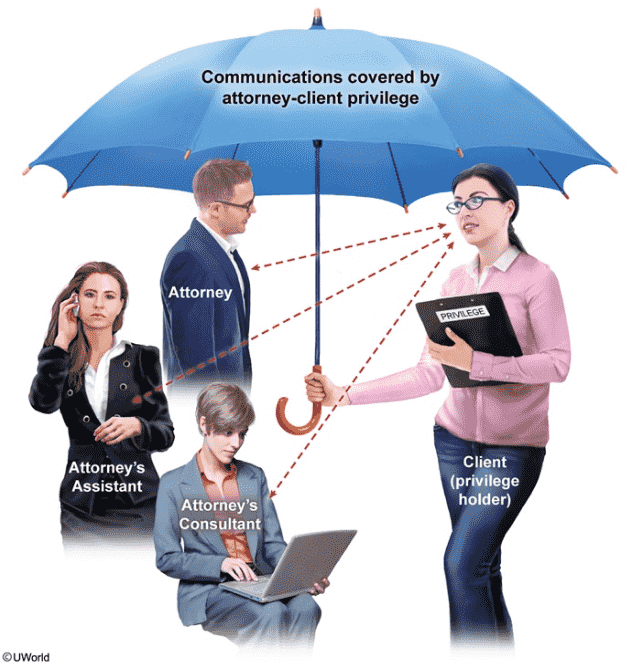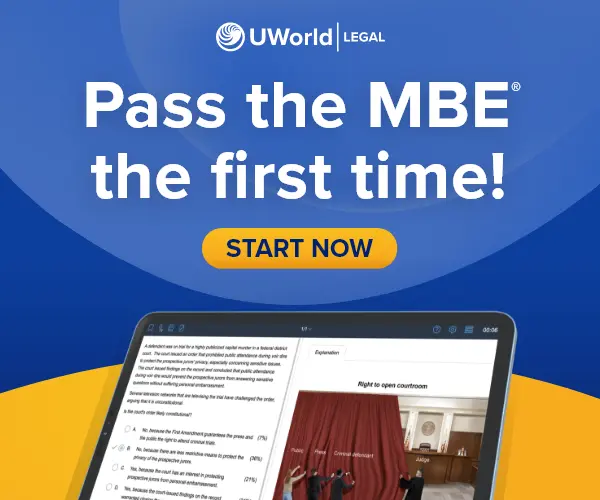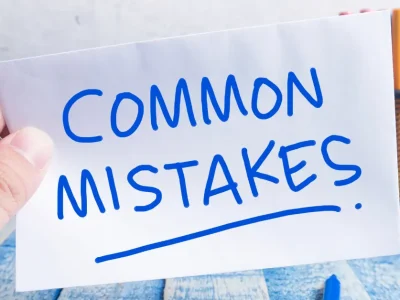As a future attorney, you need to be ready for clients. Therefore, the attorney-client privilege is especially important to know! This privilege protects communications that are:
- made for the purpose of obtaining legal advice or representation and
- intended to be (and kept) confidential.
This is based on a notion deeply rooted in Roman law that an attorney must be loyal to his/her client and should therefore be disabled from becoming a witness in the client’s case. As a result, a client can freely confide in his/her attorney and the attorney can obtain the fullest possible knowledge about the client’s situation.
This privilege frequently appears on the MBE®—with three common traps:
- Trap #1: Communications that are merely incidental to the legal representation (e.g., communications about legal fees). Such communications are NOT protected by the attorney-client privilege.
- Trap #2: Communications heard by a third party (e.g., the client’s wife reads an email to the attorney). Such communications are NOT protected because they are not confidential.
- Trap #3: Communications made to an attorney’s agent (e.g., the client is interviewed by the attorney’s consultant). Such communications ARE protected (see the illustration below).

See if you can spot these traps when answering practice questions in the UWorld MBE QBank. Click here to access our QBank or purchase a subscription.
MBE® is a registered trademark of The National Conference of Bar Examiners® (NCBE®). NCBE does not endorse, promote, or warrant the accuracy or quality of the products or services offered by UWorld Legal.




